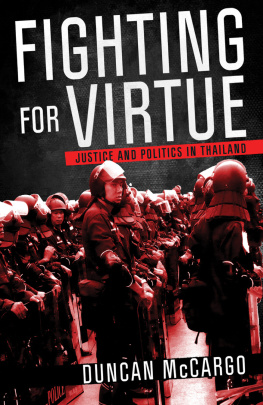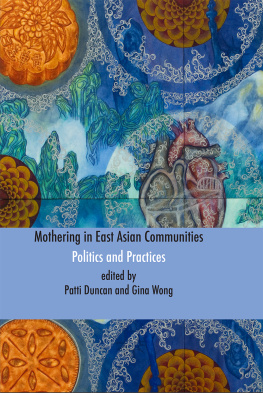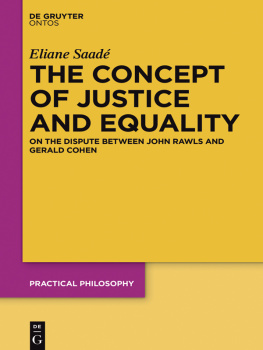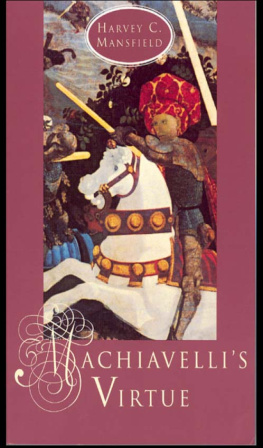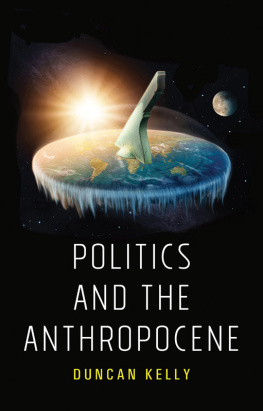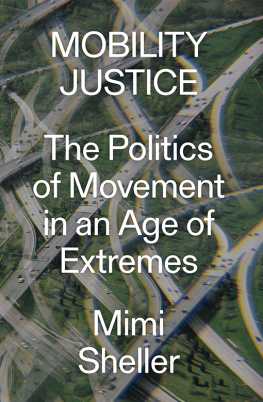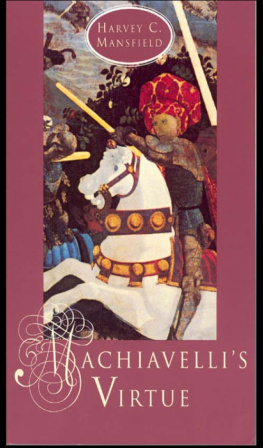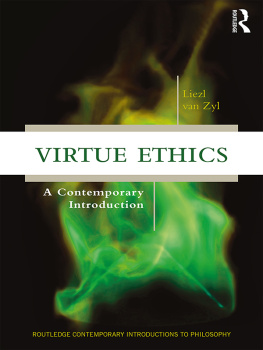Preface
Sanam Luang, December 22, 2012. Darkness was falling as I strode across the royal grounds in the historic heart of Bangkoks Rattanakosin area. Behind me was the campus of Thammasat University, a traditional bastion of liberalism, home to the countrys most prestigious law faculty, and the alma mater of many prominent judges. Before me lay the majestic Supreme Court building, constructed during the Second World War under the Phibun government. To my right were the gleaming gold chedis of the Grand Palace, catching the last rays of the sunset. On my left was Rajadamneon Avenue, the royal thoroughfare linking the old capital of Thonburi with the bustling centers of the modern capital, Bangkok. By Southeast Asian standards, the weather was mild, and all seemed right in the world.
The reality was a little different. I had just come from a long and fascinating interview with one of Thailands most distinguished legal scholars, Thammasats Worajet Pakeerat. In January that year I had observed a disturbing rally on the university campus, at which academics and alumni of the journalism faculty had called for Worajet to be expelled from Thammasat University, and indeed from Thailand itself. His meticulously argued criticisms of the lse-majest law and his calls for greater public scrutiny of the judiciary had made him an outcast among many of his own colleagues. The rally against him was held in front of a statue of Pridi Banomyong, the founder of the university and the intellectual leader of the movement that had ended Siams absolute monarchy in June 1932.
When American president Barack Obama had paid a call on King Bhumibol Adulyadej of Thailand just a month earlier, their meeting took place not at the glittering Grand Palacewhere the King met President George W. Bush in 2003but in Thonburis Siriraj Hospital, on the opposite bank of the river. From his sixteenth floor windows overlooking the Chao Phraya River, the ailing King could in theory have watched the January 2012 Thammasat University anti-Worajet protest through a pair of powerful binoculars. The Kings lengthy absence from Bangkoks historic center was a source of growing national anxiety: how much longer could the ageing monarch remain on the throne?
Six years earlier, in April 2006, King Bhumibol had made one of the most important speeches of his reign, addressing the judges of the Supreme Court and calling on them to help resolve the countrys intractable political problems. At the core of those problems was Prime Minister Thaksin Shinawatra, a former police officer turned telecommunications magnate who had proved himself electorally invincible, but had alienated the monarchy and the countrys traditional elite. The final decade of Bhumibols remarkable seventy-year reign would be overshadowed by political infighting between pro- and anti-Thaksin factions, played out in four general elections, seven prime ministers, several rounds of massive street protests, two military coups, revolving door constitutionsand numerous judicial interventions in politics.
Outwardly, the Supreme Court compound looked as imposing and enduring as ever. But as I grew closer I realized that the structure was now a hollow shell: just weeks earlier, the judges had moved to temporary quarters in the Government Complex in Chaeng Wattana, miles from the middle of the capital. Plans to replace the old Supreme Court building with a much larger one, potentially violating city zoning laws, were mired in deep controversy.
Public life during my year of fieldwork in 2012 had been punctuated by important cases in both the Criminal and Constitutional Courts, but on the surface all was orderly: no mass street protests, no change of government, no military coup. Prime Minister Yingluck Shinawatra appeared to have achieved a modus vivendi with the palace and the traditional elite. Yet, in fact, nothing around the Sanam Luang was quite what it seemed. The revered King was not in his palace, but in a hospital bed. At Thammasat University, Thailands most progressive campus, critical professors were being harassed by their own colleagues and alumni. The Supreme Court and the judiciary were now the focus of excessive expectations and intense popular scrutiny.
The uneasy calm was not to last. In 2013, mass protests forced Yingluck to dissolve parliament; the following year she was removed from office by the Constitutional Courtthe Supreme Court later sentenced her to jailand her government was overthrown in a May 2014 military coup. In October 2016, King Bhumibol would pass away, cremated the following year in a magnificent funeral edifice erected on the Sanam Luang itself. After his funeral, the Sanam Luang would be fenced off: public space became a royal enclave.
For now, however, I was leaving Bangkok. After crossing the Sanam Luang, dodging exuberant kids flying kites, I hailed a taxi from in front of the Supreme Court. Dusk was descending, and I was heading home that night, to start working on a book about politics and justice in Thailand.
No one would dare to send those who insult the King to jail because the King will be troubled, since people will claim that the King is not a good person, or at least is over-sensitivesending them to jail for minor insults. Actually, the King has never told anyone to send them to jail.
Under previous kings, even rebels were not sent to jail or punished. King Rama VI did not punish rebels. During the time of King Rama IX, who were the rebels? There have never been any genuine rebels. I also followed the same approach: do not send them to jail, but let them go. If they are already in jail, release them. If they are not in custody, I will not press charges as the offended party. The person who is insulted is the one in trouble. People who insult the King and are punished are not in trouble, rather the King himself is in trouble. This is a strange business.
King Bhumibol (Rama IX)s 2005 birthday speech was understood at the time primarily as criticizing then prime minister Thaksin Shinawatra, who was suing some of his critics for defamation, for his excessive sensitivity. Thaksin dropped a number of lawsuits against his adversaries immediately following the royal speech. But other important messages of the 2005 speech were that the King did not consider himself above criticism; and he did not believe in punishing those who questioned or challenged his authority. The implication was that harsh punishments for rebelsjailing lse-majest offenders, for examplewould prove counterproductive, undermining the legitimacy of the monarchy. The King insisted he did not believe there were any real rebels during his reign.

